The car industry is at a once-in-a-generation crossroads thanks to autonomous driving, electric powertrains and car sharing all battling to shake up the century-old industry. Imagine the challenges facing car designers.
In such a context, perhaps it’s no surprise the world-renowned car design course at the Royal College of Art (RCA) is changing fundamentally.
In March, the first intake of students to graduate from the new ‘Intelligent Mobility’ course displayed their final-year design projects. Among the 21 projects, there were a handful of swooping dream cars, but the bulk of designs were far from conventional. Instead, there were autonomous pods inspired by art installations, an electric supercar designed to dart through Elon Musk’s Hyperloop tunnels, an amphibious machine to cope with global warming floods and a future Bentley car interior shaped around a relaxation sound system.
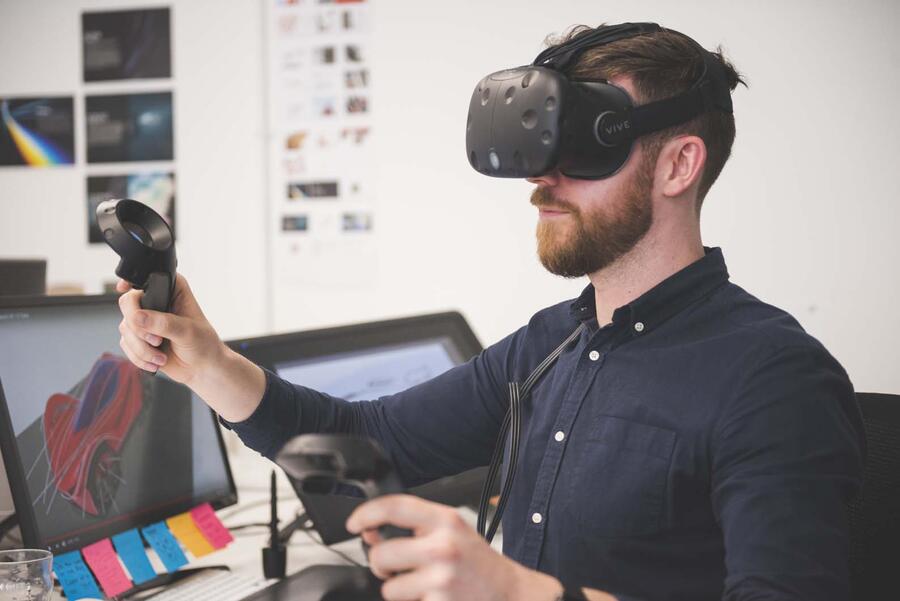
“Our job is twofold,” says Professor Dale Harrow, director of the Intelligent Mobility Design programme. “To give the students the kind of vocational skills to practise in the work environment, but secondly to balance that by testing students with things they will meet in the future. Things like sustainability, electric cars, autonomous driving, screen-based user interfaces and the move to a service-based ownership model. These are all challenges the students now have to prepare for.”
Harrow has been a lecturer in car design at the RCA for two decades, including five years recently as dean of the design school with fashion, research and textiles responsibility. Now he’s returned to his main passion of designing cars, putting the course back on a solid footing with a more healthy balance of funding and creativity, after a few wobbles mid-decade.
Reflecting the new direction are staff drawn from a wider context than car makers’ studios. Harrow’s deputy director is Cyril Diels, whose background includes work on driver behaviour and a bilious PhD in car sickness, while acting head of programme Dr Chris Thorpe has an MA in furniture design but is ex-Qinetiq, the defence contractor. Three permanent tutors bring studio experience from Ford, Mercedes, Opel, Volvo and VW.

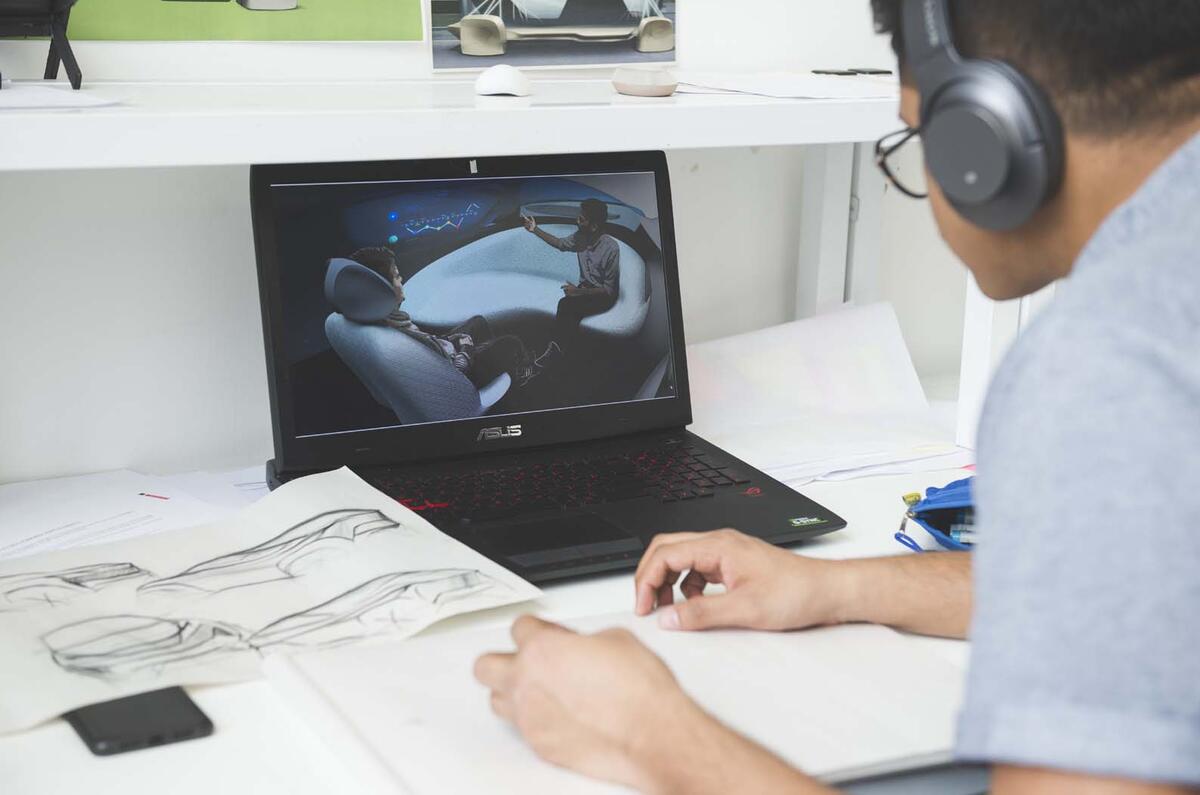
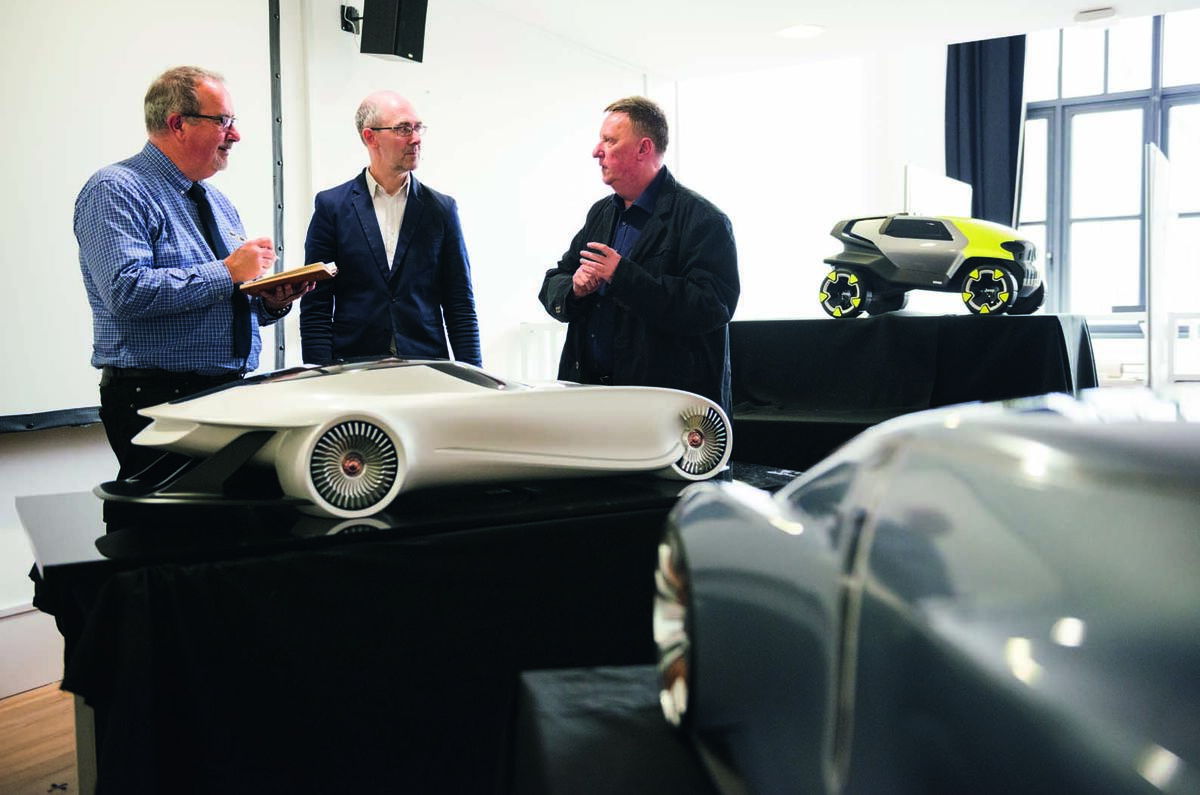
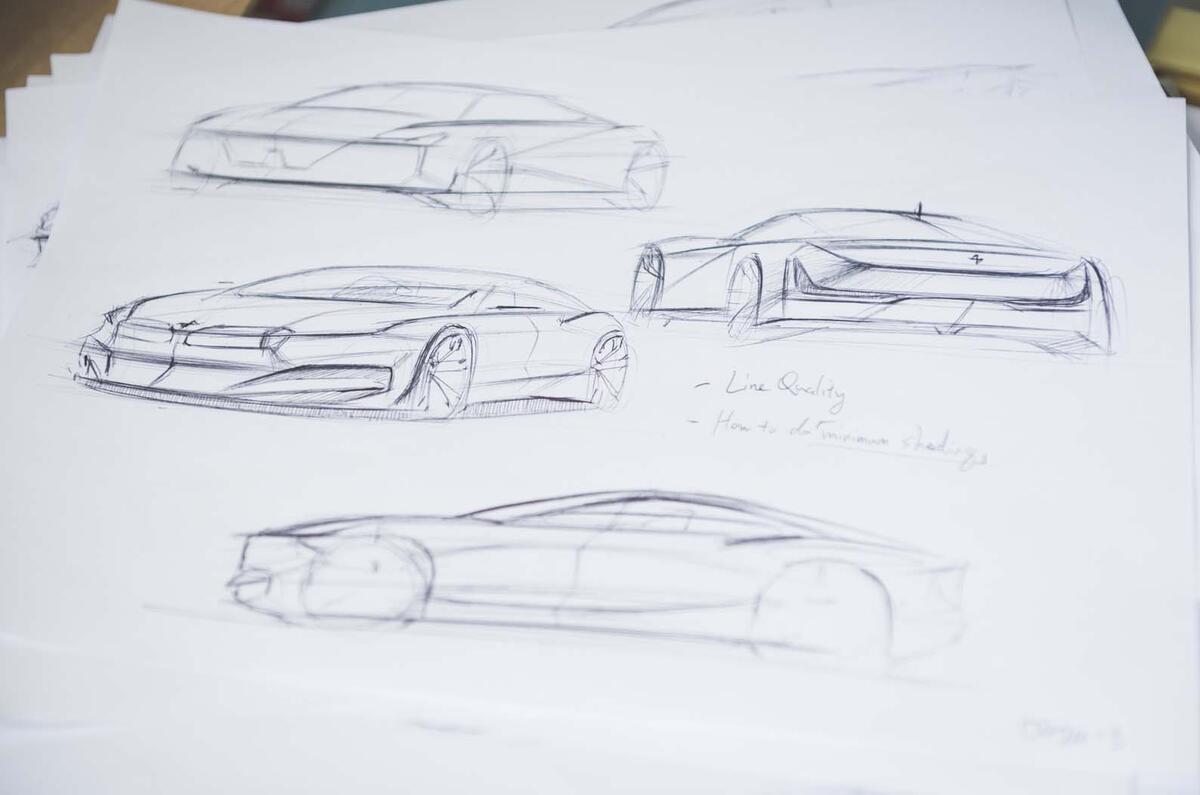



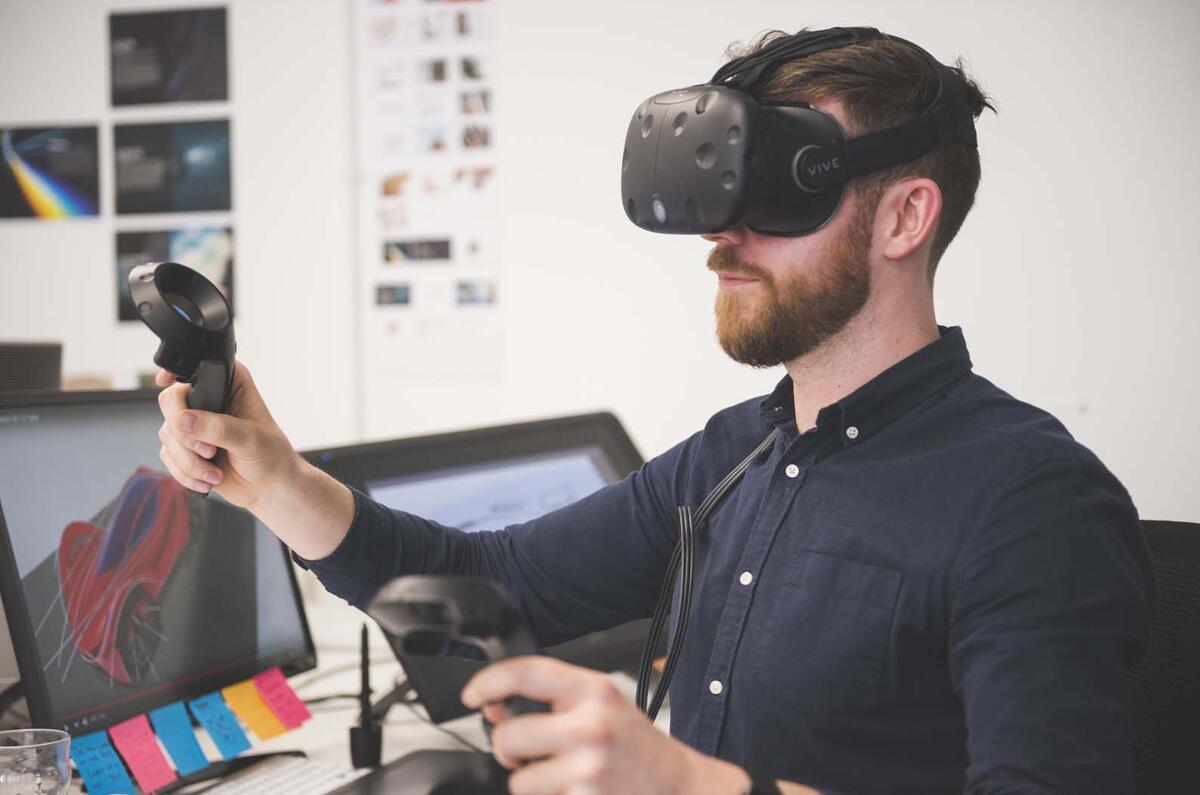
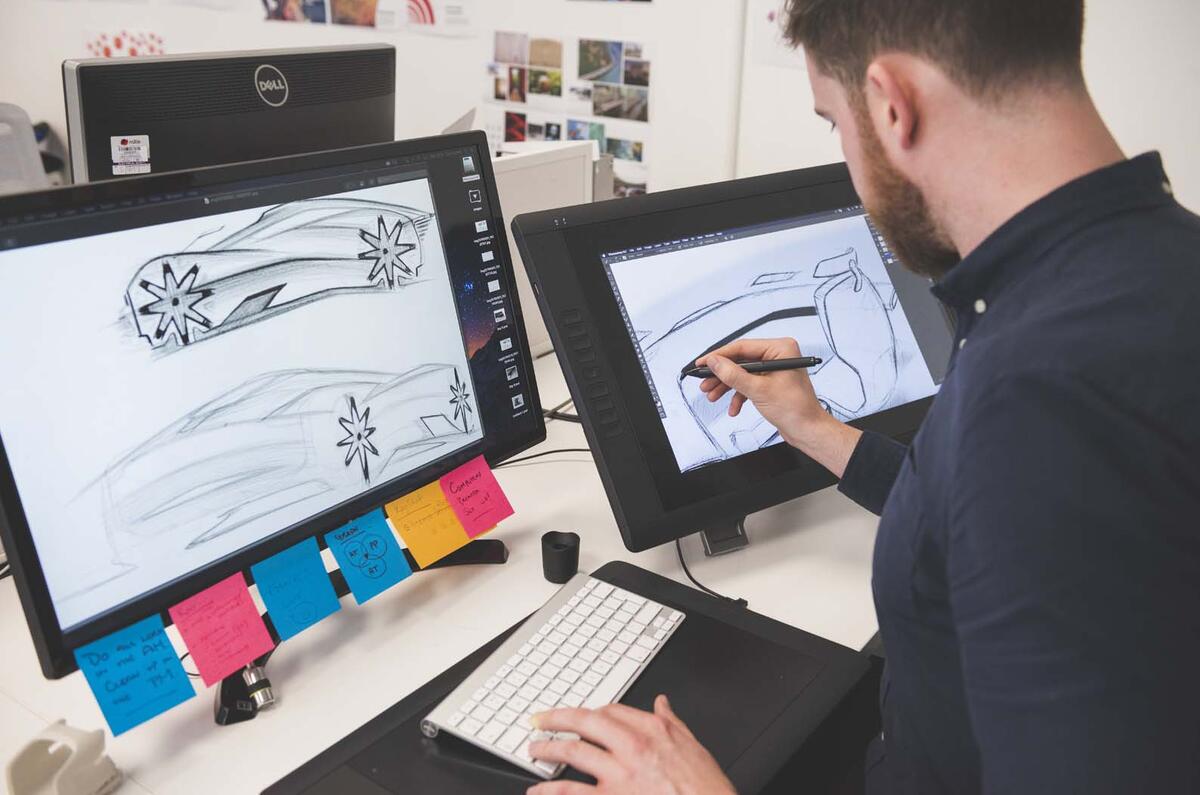
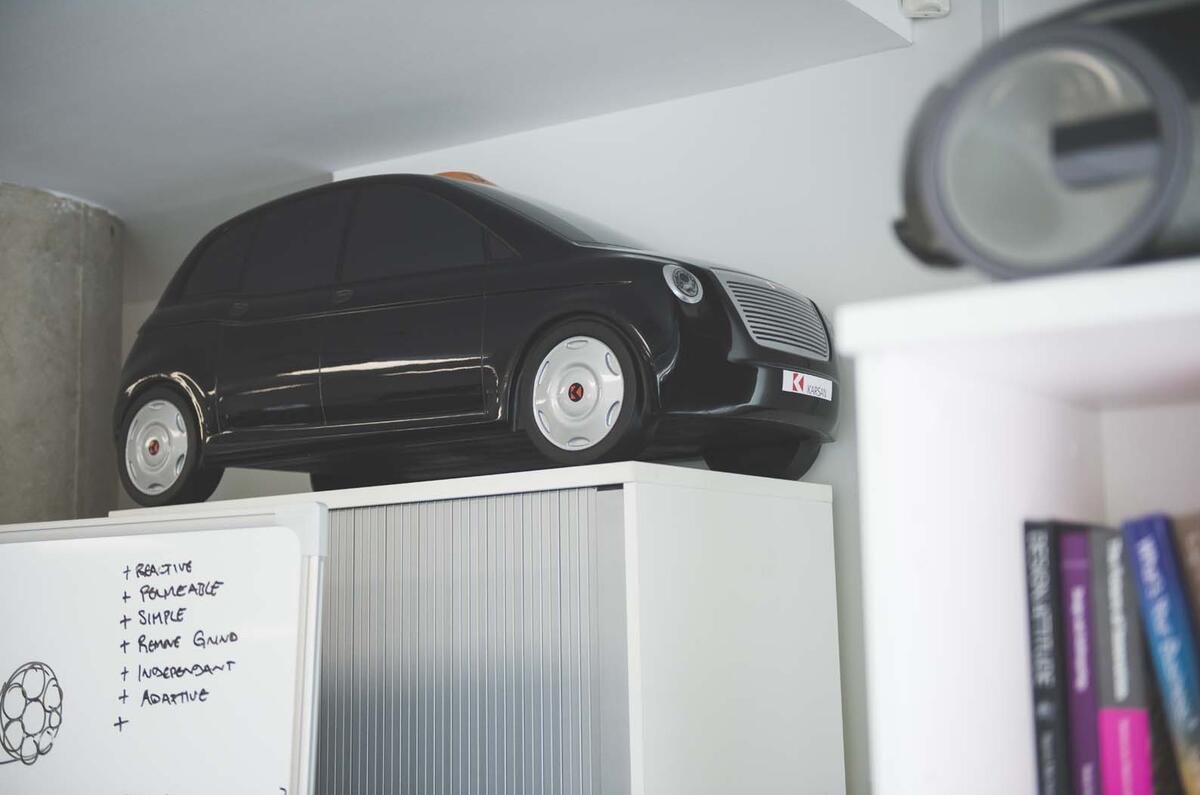


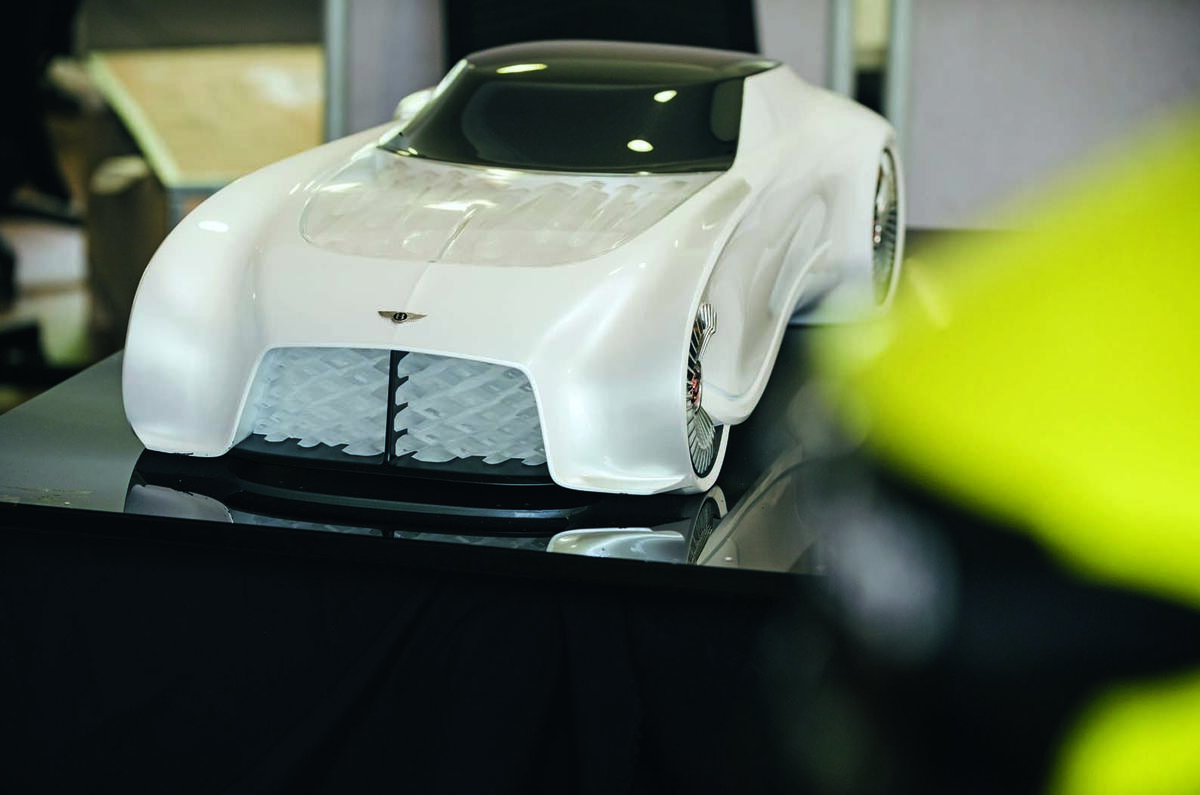
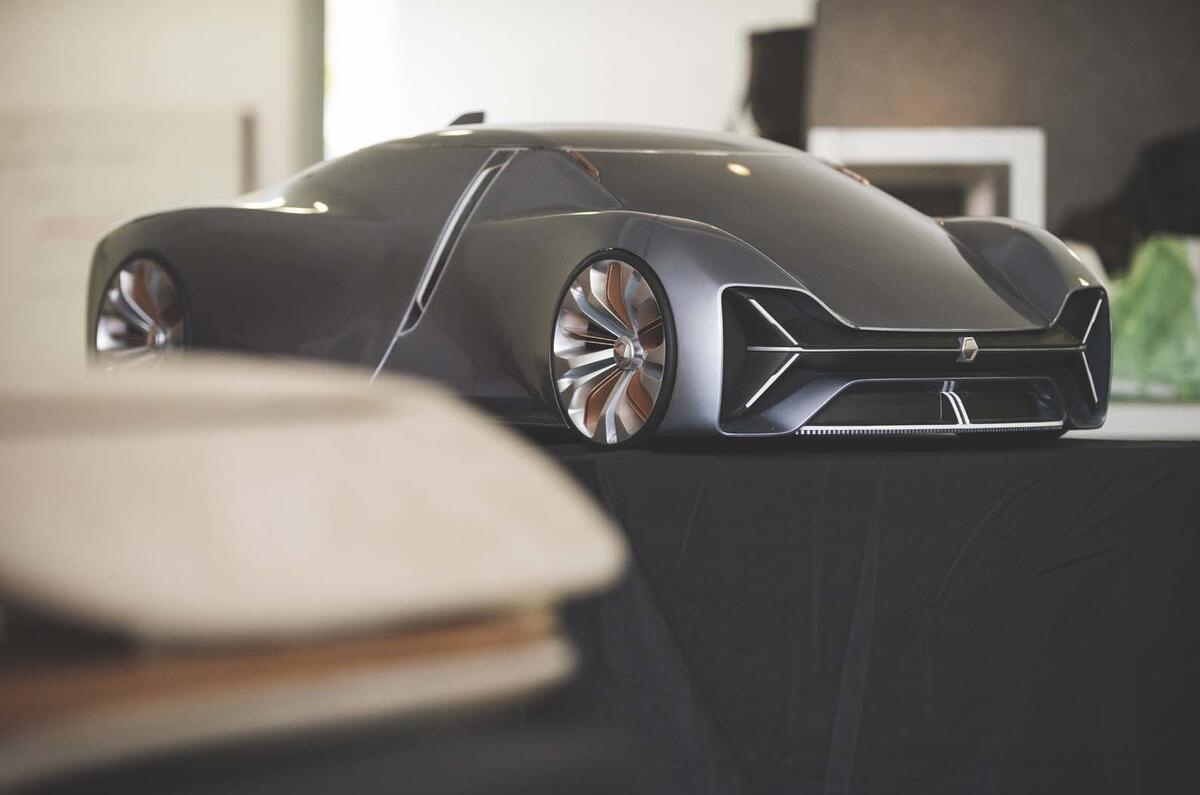


















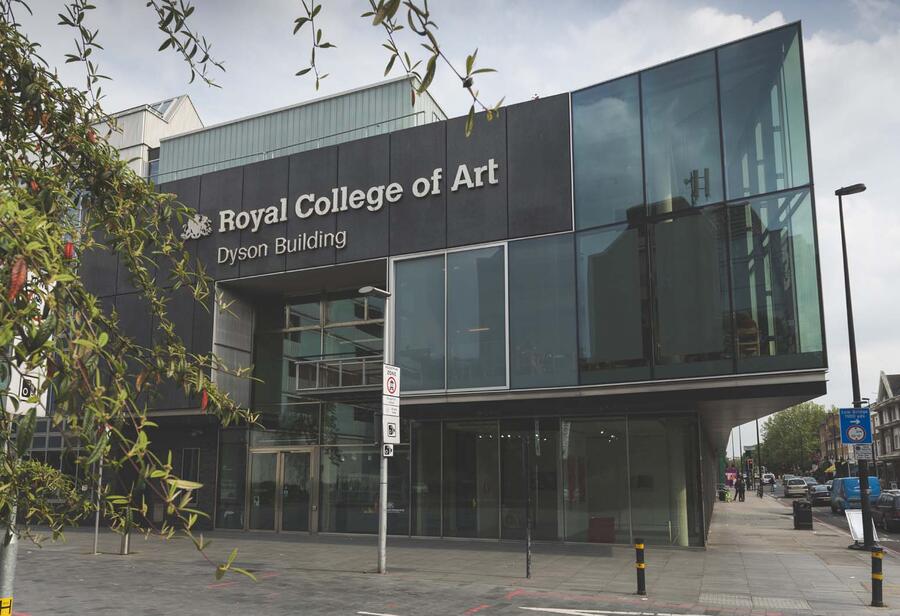
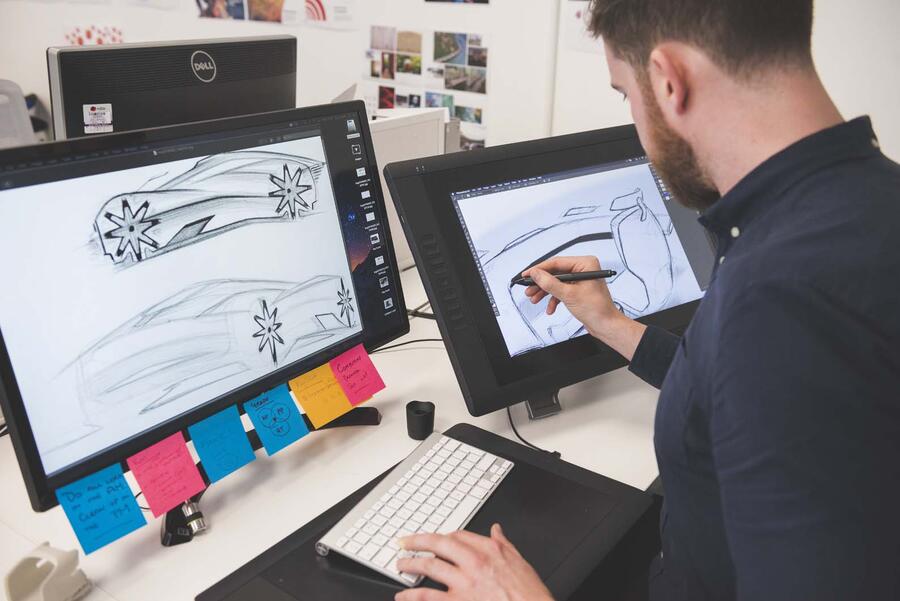
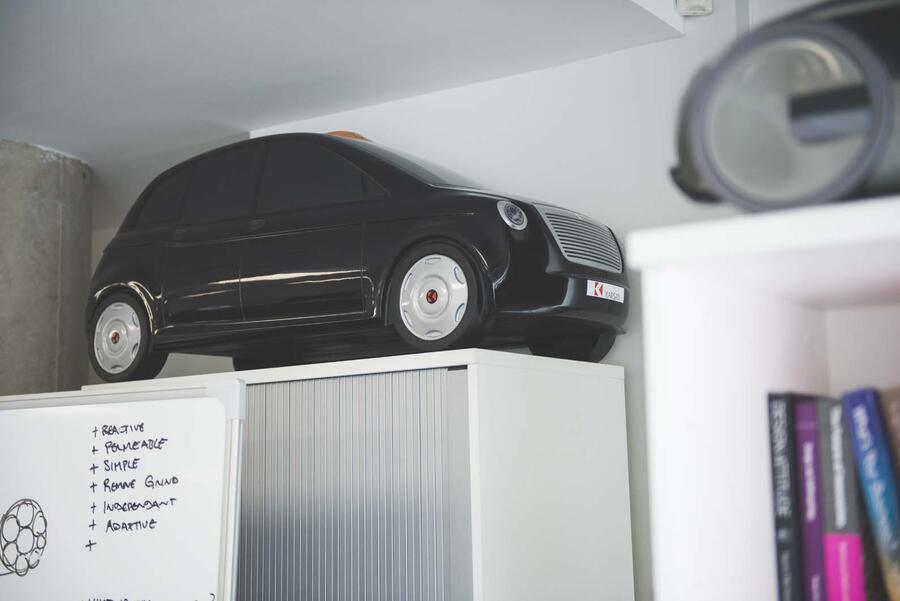
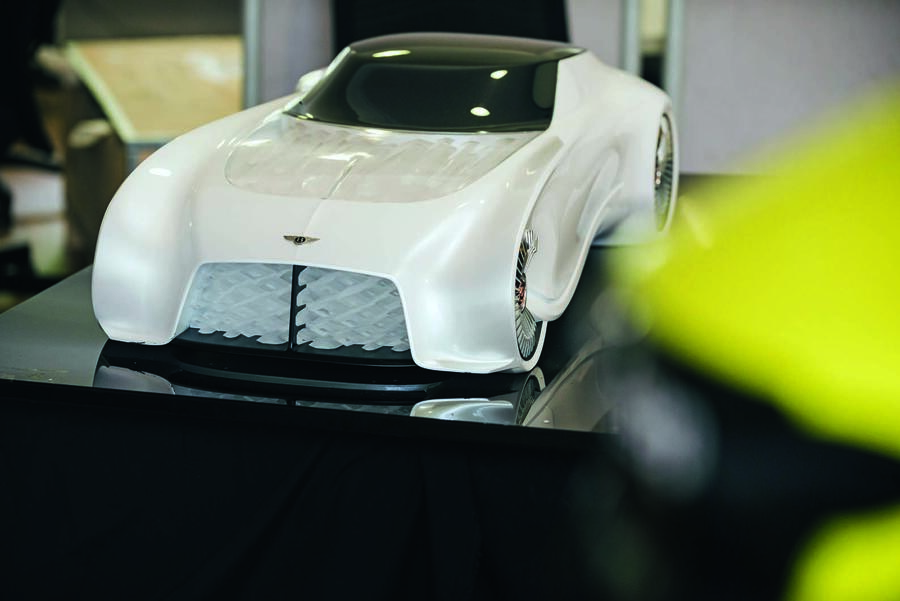
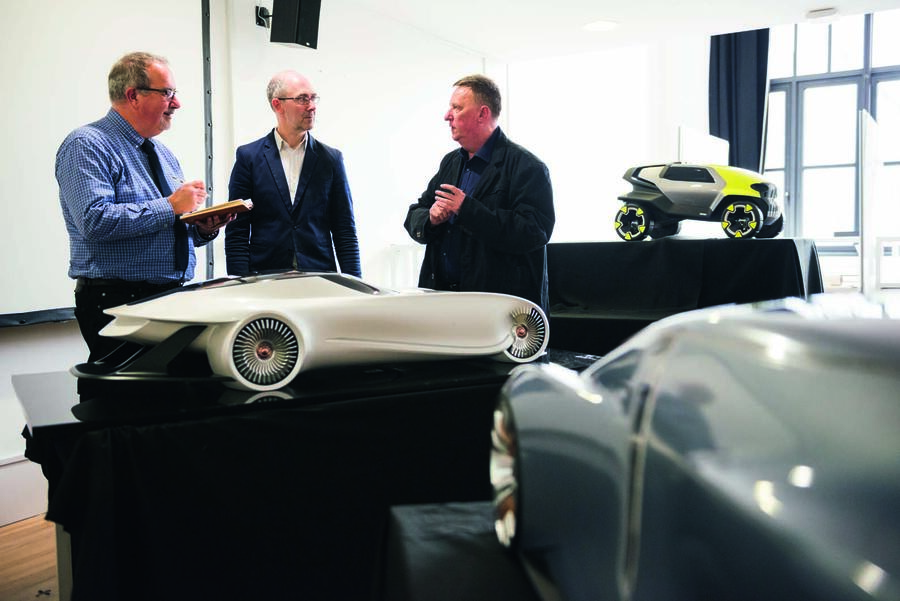




Join the debate
Add your comment
This article highlights the Royal College of Art's proactive approach to evolving car design education, ensuring that students are equipped with the skills needed for the future of mobility. As the RCA leads the way in preparing the next generation of designers, students seeking additional support with their academic work can benefit from services
How ironic to see a picture of the Dyson bldg...
If there is one OEM that completely misses the point of Next-Generation EVs, then it is Dyson. To put lots of low-energy dense batteries in a been-there-done-that SUV ought to be a contraction in terms, from an energy transition point of view as well as engineering perspective, but in particular for an appliance producer. Epic miss.
sorry...
"contradiction in terms"